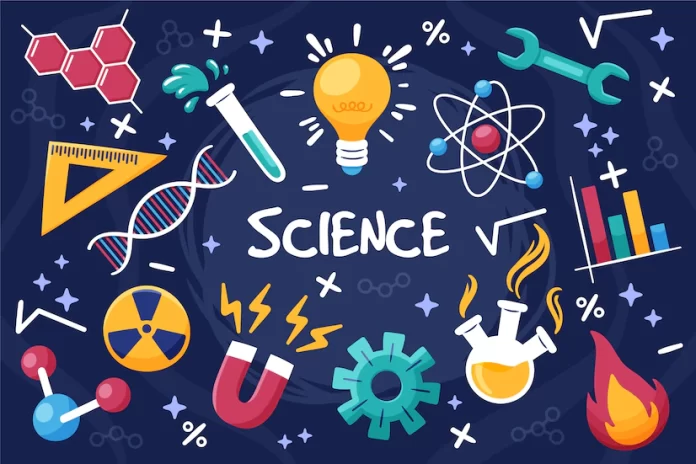The recent development of technology has had a significant impact on careers in the health sciences. Technology improvements have not only improved pharmaceuticals but have also transformed what institutes of higher learning in the field expect from education technology (ed-tech) providers.
The rate of innovation in the medical business is increasing, and cutting-edge technologies such as artificial intelligence (AI), the internet of things (IoT), and cloud computing are becoming increasingly important in the field of health research. Academic institutions dealing in the health sciences have higher expectations for educational technology enterprises. Since clinical education (internships) is a vital element of the education of health science students, there haven’t been any efficient management approaches for a very long time.
This situation, however, cannot last. Clinical education provides students with the practical experience they need to become health science professionals, and the majority of health science curricula require students to complete many internships. Furthermore, utilizing many pieces of software to manage diverse elements of education at universities was formerly acceptable but is no longer. The market is increasingly looking for a universal answer.
The global market for medical education is expected to be worth $90.66 billion in 2021. It is predicted to grow at an 8.70 percent CAGR from 2021 to 2028, reaching a value of $162.56 billion. Medical schools have 1.36 million students, according to the World Health Organization.











